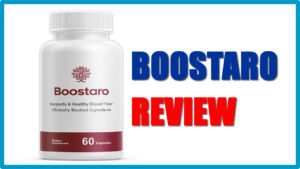
OTC medicines, vitamins, and supplements are increasingly popular due to their ability to quickly treat common ailments like aches and pains, coughs, colds and allergies, heartburn and digestive issues. Furthermore, they’re easy to obtain compared with having to visit a doctor and fill a prescription; nearly four out of five American adults regularly use OTC products to manage minor health concerns.
The primary difference between medicines and dietary supplements lies in how they’re regulated and tested by the Food and Drug Administration (FDA), with medicines subject to rigorous safety testing while facilities producing supplements must undergo inspection to safeguard against contamination risks for their consumers.
Dietary supplements, however, are not subject to FDA testing in order to verify they contain the required ingredients and measure how effectively they perform. Furthermore, manufacturers can add whatever ingredient they desire without needing to demonstrate any health benefits before the product hits store shelves.
Acetaminophen, a widely prescribed OTC pain reliever and fever reducer, can have serious repercussions if taken in excess. High doses have been known to damage liver tissue. Furthermore, other over-the-counter and prescription medicines, like Percocet and Vicodin contain this ingredient. Furthermore, some dietary supplements contain high sodium concentrations which could contribute to higher blood pressure for those already living with that condition.
Though OTC supplements tend to be safe, it’s wise to always read labels carefully and adhere to dosage instructions. Furthermore, inform your healthcare provider of all dietary supplements you take so they can check how they may interact with other drugs or supplements you are currently taking.
As opposed to OTC medications such as Tylenol and Advil that are typically sold under their brand names (Tylenol or Advil), most dietary supplements are generally sold by their generic names instead. Doing this helps lower costs while remaining safe if manufactured by a reputable company adhering to Good Manufacturing Practices (GMPs).
Conclusion: Although over-the-counter supplements are relatively safe, they should not be used to replace a balanced diet or treat conditions that need medical treatment. Furthermore, certain dietary supplements can be harmful if taken in large doses over an extended period of time and shouldn’t be mixed with certain medications or herbs.
AARP is here to assist in making informed decisions when it comes to over-the-counter supplements and medications, such as over-the-counter supplements. For more information, visit AARP The Magazine; subscribers can get print, digital, tablet editions of AARP The Magazine with instant access, discounts and a second membership with the AARP Foundation! AARP is an independent nonprofit organization supported by gifts from our members; learn more about membership here.



